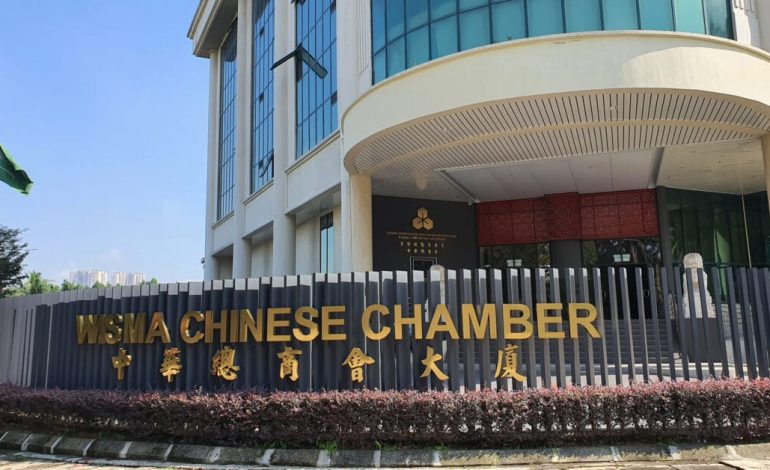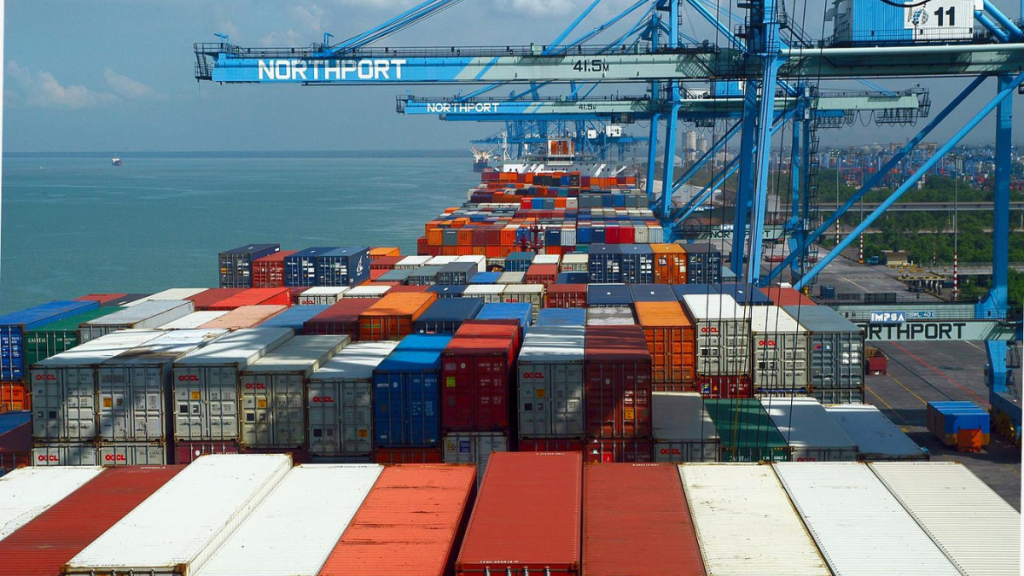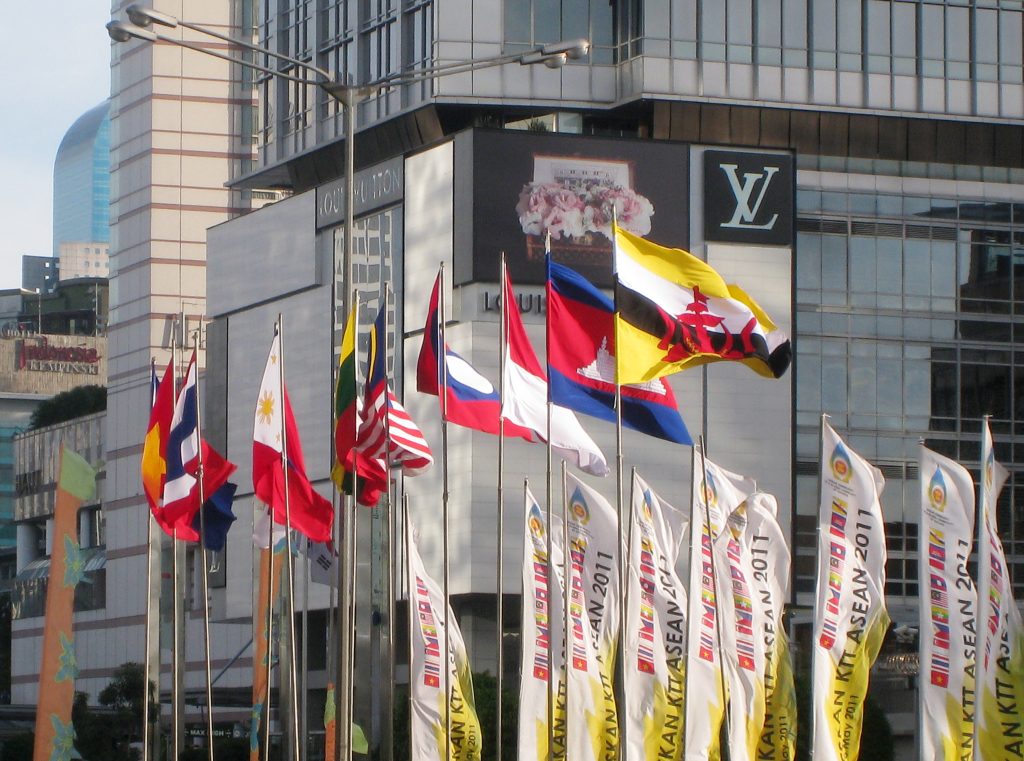ACCCIM Warns of Disruption to Malaysian Trade and Supply Chains

KUALA LUMPUR, 4 April 2025 – The Associated Chinese Chambers of Commerce and Industry of Malaysia (ACCCIM) has issued a sharp rebuke of the United States’ sweeping reciprocal tariff policy, warning that the new measures will severely disrupt global supply chains, increase costs, and threaten Malaysia’s export competitiveness.
The policy, recently enacted under President Donald Trump’s administration, seeks to impose tariffs on countries running trade surpluses with the U.S., without exemptions or bilateral negotiations. With Malaysia among the affected nations, the business community is growing increasingly alarmed about the potential fallout.
“This kind of blanket protectionism ignores the realities of modern trade. Malaysia is not an adversary, but a reliable partner in global commerce,” said Tan Sri Dato’ Low Kian Chuan, President of ACCCIM, in a strongly worded statement released on Thursday.
Malaysia’s Export Engine Under Threat

Malaysia’s export sector is a major pillar of its economy, contributing over 65% of GDP. In 2024 alone, the country exported over RM165 billion worth of goods to the United States, with top categories including:
- Electrical & electronic components
- Rubber and medical gloves
- Machinery and optical devices
- Palm oil derivatives and food products
With the U.S. now placing tariffs ranging from 10% to 25% across various categories, Malaysian exporters are bracing for reduced orders, price renegotiations, and possible cancellation of long-term contracts.
“These tariffs could trigger a wave of supply chain re-routing, where buyers avoid Malaysian goods simply because of added costs, even if the quality remains unmatched,” said an ACCCIM trade advisor.
Ripple Effects Across ASEAN
The ACCCIM’s warning resonates beyond Malaysia. As an active member of ASEAN’s business community, the chamber emphasized that such unilateral trade policies could fracture regional supply chain integration efforts under the Regional Comprehensive Economic Partnership (RCEP) and ASEAN Economic Community (AEC).

“The real risk is contagion. If businesses start retreating into isolated bilateral deals and tariff shields, ASEAN’s dream of becoming a single production base will falter,” Tan Sri Low added.
The chamber called for immediate diplomatic engagement through the Ministry of Investment, Trade and Industry (MITI), urging the Malaysian government to:
- Convene emergency consultations with affected exporters,
- Launch a joint ASEAN protest or counter-measure strategy,
- Explore remedial frameworks via the World Trade Organization (WTO).
Supply Chain Disruption: Ground-Level Concerns
Manufacturers and exporters are already signaling trouble. According to a flash poll by ACCCIM among its members:
- 73% expect shipment delays or renegotiations within the next two quarters,
- 52% plan to halt U.S.-bound production temporarily,
- 66% are exploring new markets to reduce reliance on the U.S.
These numbers reflect how deeply embedded U.S. trade is in Malaysian business planning, particularly for small and medium enterprises (SMEs) that lack the buffers to absorb such shocks.
“We’ve already had two cancellations this week. Clients are saying they’ll wait until the tariff dust settles,” said a Penang-based electronics exporter.
Government Response Urged
While the Ministry of Investment, Trade and Industry (MITI) has acknowledged the issue, ACCCIM is pushing for more immediate intervention, including:
- Emergency relief or tax incentives for affected exporters,
- Fast-tracked diversification programs to new markets like the Middle East and Africa,
- Coordinated ASEAN engagement to present a united front.
“This is not business as usual. The government must treat this as a trade emergency,” urged Tan Sri Low.
Looking Forward
Despite the challenges, ACCCIM reaffirmed its confidence in Malaysian businesses’ resilience. The chamber also expressed readiness to work with the government, financial institutions, and industry groups to formulate mitigation strategies.
However, the overarching message remains clear: Malaysia must not be caught off guard. A reactive approach could cost billions in lost revenue, jobs, and investor confidence.
“We support free and fair trade, but not under coercive, one-sided conditions. Malaysia must stand its ground,” concluded the ACCCIM statement.
For further updates on Malaysia’s trade policy, exporter strategies, and global supply chain news, follow ForwardMalaysia.my.








